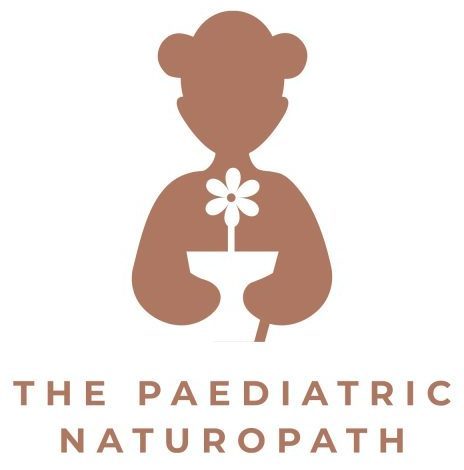What is hand food and mouth disease?
Hand foot and mouth disease is a common and very contagious childhood infection generally caused by enteroviruses such as coxsackieviruses.
It starts with blisters that first appear as small red dots that then progress into ulcers.
These blisters can appear inside the cheeks, gums, sides of the tongue, on the palms of hands, soles of feet, and in the nappy area of young ones.
The blisters take 7-10 days to clear.
It is typically a mild illness but can present with fever, a sore throat, low or no appetite and tiredness that comes with most viral infections.
How did my child catch hand foot and mouth disease?
Hand, foot and mouth is spread via the faecal-oral route from one person to the next by contaminated hands, objects and surfaces.
It can also be spread directly from contact with the fluid from blisters AND via sneezing and coughing.
Once exposed to the virus, it can take 3-5 days to become symptomatic. Interestingly, the virus can remain in your child’s stools for several weeks so it is really important to keep on top of hygiene here to prevent its spread.
Should I be worried about hand foot and mouth disease?
Having a sick child can be very distressing. Watching the spread of blisters, some parents find themselves really worried with how their child is coping.
Be rest assured that hand, foot and mouth is generally a mild illness that is self-resolving and requires no medical treatment. That means, you just have to ride it out.
It is only on very rare occasions that a more serious illness can develop. Here is what to look out for. Please seek immediate medical treatment if there is:
- persistent fever (38oC or above for 72 hours or more),
- If your baby is under 3 months of age and they have not seen a doctor for a fever, take them straight to a doctor. If a doctor is unavailable, go to the nearest hospital emergency department.
- abnormal movements or jerking movements,
- rapid breathing,
- excessive tiredness or drowsiness,
- excessive irritability,
- difficulty walking.
What can I do to support my child through hand, foot and mouth disease?
Hand, foot and mouth disease is very contagious so hygiene is a real priority.
- wash hands with soap and warm water and thoroughly dry them after going to the toilet, before eating, after wiping noses, and after changing nappies or soiled clothing
- avoid sharing cups, eating utensils, bedding, towels, washers and toothbrushes, and clothing including shoes and socks
- wash any soiled clothing and any potentially contaminated surfaces thoroughly
- teach your child to cover coughs and sneezes with a tissue or into their elbow
- throw used tissues in the bin immediately, wash your hands afterwards with soap and warm water and dry them thoroughly
- keep your child at home while unwell
- do not send children with hand, foot and mouth disease to school or childcare until their blisters have dried up, and any fever has settled.
- avoid activities and places where they will be in contact with others, such as swimming lessons and playgrounds/centres, to avoid spreading this very contagious disease
It is very important to allow blisters to dry out naturally.
Do not deliberately pop them as the fluid inside is infectious.
Dietary strategies for hand, foot and mouth disease
Keep on top of fluid intake with anything your child can tolerate whether that be cold plain water, diluted juices (avoid citrus as may irritate mouth blisters), home-made ice blocks or cooled herbal teas such as lemon balm, elderflower, yarrow, peppermint (on their own or in combination) or matcha green tea.
For more information on how to best support a child with a fever, read our blog here. Recipes for a herbal tea can be found here also.
Stick to a whole foods diet that contains soft, easy-to-swallow foods.
Avoid immune-depleting foods such as sugar (whole fruit is ok), dairy and refined carbohydrates (white flour products) and processed foods (especially those with additives and preservatives).
Avoid foods that can irritate the mouth blisters such as spicy and acidic foods such as citrus and tomatoes, hot foods and hard raw foods.
Include lots of immune-supportive foods
- Give my immune-boosting chicken soup a go
- Add garlic and ginger where you can
- Explore medicinal mushrooms such as reishi and shiitake
- Kids will love elderberry cordial
- make your own using the recipe here with dried elderberries
- Raw honey off the spoon can help with the throat (for children older than one year).
- Salt water gargles for kids that can manage it.
What if I think my child needs something extra?
If you feel your child would benefit from some extra support through hand, foot and mouth disease, this, we are here to help. Book an appointment today with one of our practitioners and we will put together a care package to support your child’s immune system.




